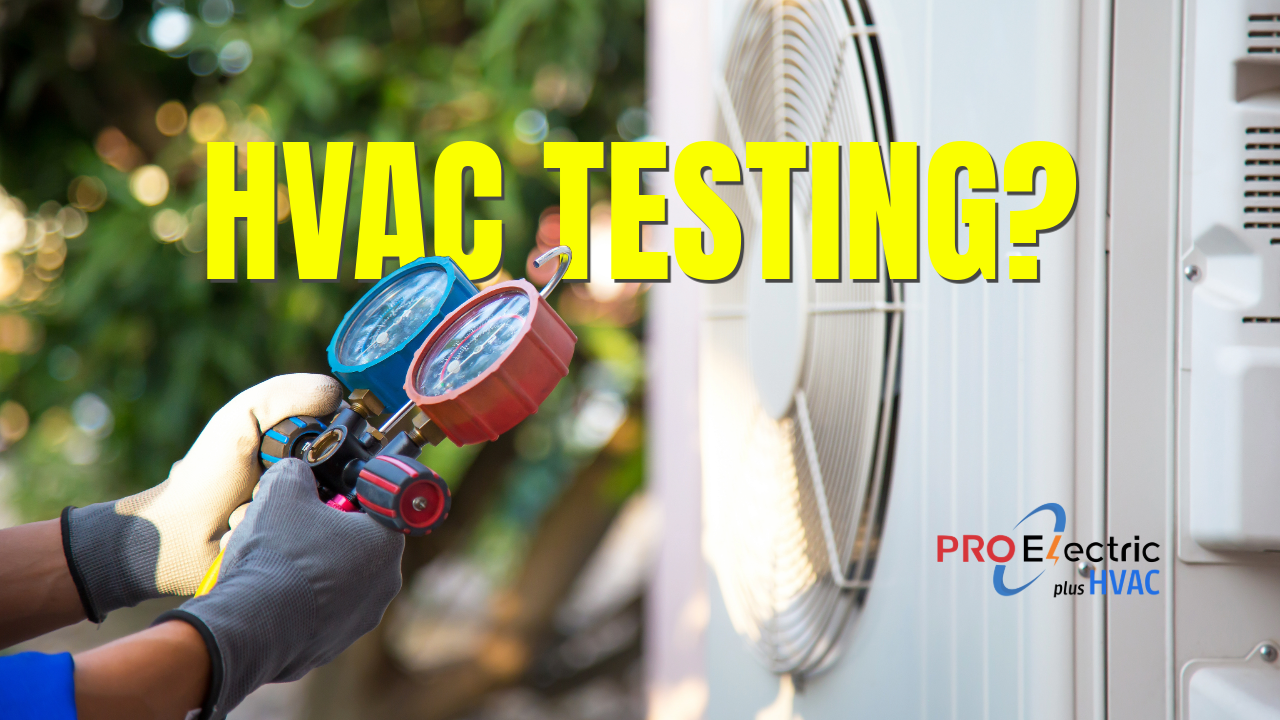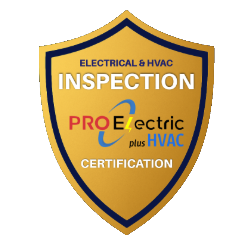Routine testing and maintenance enhance your HVAC system’s efficiency and life expectancy while preventing unexpected breakdowns in addition to costly replacements.
HVAC maintenance is crucial if you have inconsistent temperatures, excessive energy costs, or wish to keep your system running efficiently.
This post shares fifty reasons homeowners must do HVAC testing and upkeep to keep their heating & cooling systems running all year round.
Why Is Regular HVAC Maintenance Important?
-
Improve energy efficiency
-
Extend system lifespan
-
Ensure consistent temperature control
-
Reduce energy bills
-
Prevent unexpected breakdowns
-
Maintain indoor air quality
-
Identify refrigerant leaks
-
Optimize system performance
-
Ensure thermostat accuracy
-
Clean air filters regularly
-
Check and clean coils
-
Lubricate moving parts
-
Inspect electrical connections
-
Test system controls
-
Verify proper airflow
-
Prevent mold growth
-
Enhance system reliability
-
Ensure safety standards
-
Comply with warranty requirements
-
Detect and fix minor issues
-
Maintain humidity levels
-
Improve system responsiveness
-
Prevent costly repairs
-
Optimize heating and cooling
-
Check ductwork integrity
-
Balance air distribution
-
Inspect blower components
-
Clean condenser units
-
Check for rodent damage
-
Test ventilation systems
-
Ensure proper drainage
-
Calibrate system settings
-
Update system software
-
Inspect insulation effectiveness
-
Prevent ice buildup
-
Monitor system pressure
-
Assess system capacity
-
Check fan operation
-
Evaluate system noise levels
-
Inspect vent covers
-
Test carbon monoxide levels
-
Ensure system zoning works
-
Verify system installation
-
Check for corrosion signs
-
Inspect system seals
-
Review system upgrades
-
Ensure proper system sizing
-
Maintain aesthetic components
-
Prepare for seasonal changes
-
Enhance overall home comfort
Your system functions efficiently, safely, and reliably through regular HVAC tests and upkeep.
By addressing these reasons, homeowners can enjoy a comfortable living space with decreased energy costs and avoid unforeseen repairs.



